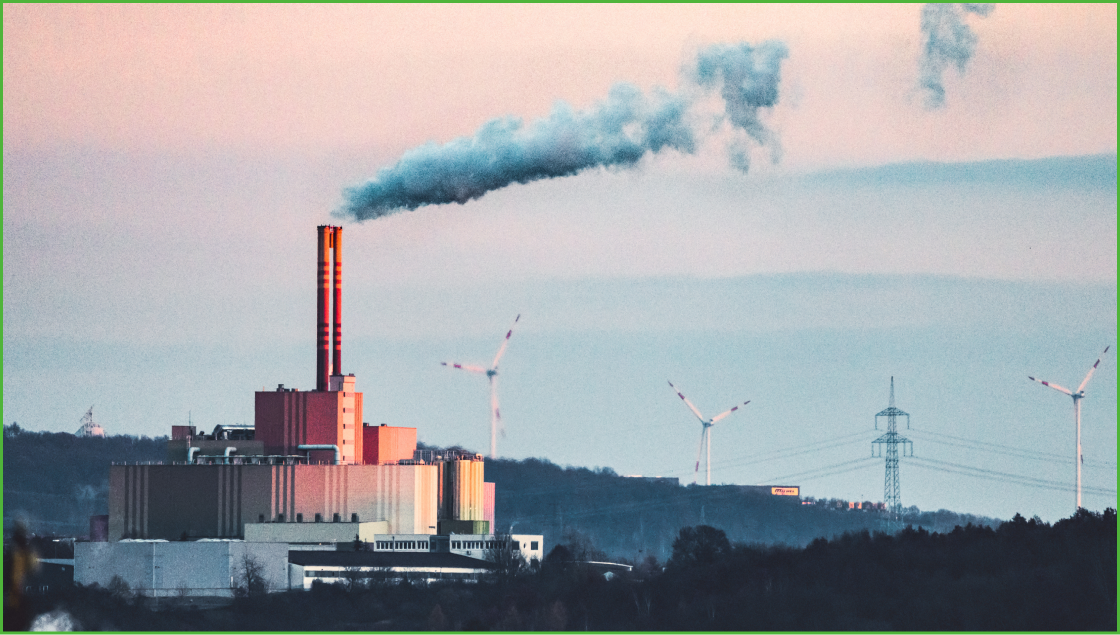Thermal waste treatment using grate technology
ECOSERV, particularly its founders, can boast of decades of experience in developing grate technology. Initially, these were grates for the combustion of solid fuels. As part of the development of the technology, the range of available feed materials was expanded. Responding to the challenges of sustainable development and market trends toward a closed-loop economy, we emphasize technologies for the thermal conversion of waste and sewage sludge. Our grates have been operating successfully in heat and power plants for many years.

The ECOSERV portfolio covers incineration technologies and high-efficiency water-tube boilers,including all the necessary components, up to turnkey grate construction systems. Our service package includes project planning, manufacturing and assembly, commissioning, service, and maintenance of grates for incineration plants and complete systems. As for boiler deliveries, we co-operate with leading suppliers of boiler technology from Poland and Europe.
Our complete system, dedicated to waste incineration plants, contributes to the decarbonisation of society. As a decentralised waste-to-energy plant, it can thermally utilise different types of waste, such as municipal or production waste, converting it into electricity or heat for local power and district heating networks. Our technology replaces fossil fuels, thus contributing to the energy transition.
Benefits for the customer:
- high availability of the boiler and components used
- optimised incineration plant efficiency thanks to high firing rates
- low operating costs and attractive service concepts on request
- high availability of spare and fast-wearing parts
- utilisation of the entire energy potential from waste for the generation of heat and power in high-efficiency cogeneration per EU Directive 2004/8/2004 on the Promotion of Cogeneration and EU Directive 27/2012 on Energy Efficiency of 2012
- Major replacement of heat generation in coal-fired boilers by heat generation from waste
- improvement of the energy performance of the district heating network and the possibility of connecting new customers while complying with the standards set out and required by the building law
- management of processed municipal waste with significant calorific value, the landfilling of which is prohibited by law
- use of an innovative technology proven in completed projects for the thermal treatment of municipal waste with low investment and operating costs
- avoiding or reducing the increase in costs associated with municipal waste charges for the population.
We also offer solutions for the thermal utilisation of sewage sludge
Sewage sludge is a solid product of wastewater treatment, which contains concentrates of all useful substances and pollutants primarily in organically bound form.
Due to new regulations in some countries, some of the constituent elements found
in sludge should be recovered, e.g., phosphorus.
Moreover, phosphorus has a crucial impact on the energy metabolism and the genetic material of all living organisms. Without a constant supply of phosphorus being an essential component in the nutrient cycle, humans, flora and fauna would not be able to survive.
Thanks to the combustion technology, sewage sludge from mono-incineration can be used for energy-related purposes. This offers the possibility of facilitating using valuable raw materials, such as phosphorus from the incinerated ashes. By increasing the phosphorus concentration per ash unit, phosphorus recovery can be facilitated. Sewage sludge can be used in direct incineration without further measures once a dry residue of > 40% and a calorific value of >4.5 MJ/kg have been achieved.
Our portfolio offers a wide range of comprehensive sludge mono-incineration plants. Units of 1 MWth and up to 10 MWth for decentralised versions can be supplied as standardised systems. Larger-scale plants are specially designed by the customer and executed in cooperation with various partners.
Benefits of sludge incineration plants:
- recycling of phosphorus by incineration; compliance with wastewater sludge regulations
- low disposal costs
- low NOX emissions due to controlled incineration temperature
- compliance with stringent emission standards, based on the existing and proven dry sorption technology
- separation of heavy metals, and other harmful substances from the recyclable ashes
- optional use of supplementary fuels
- generation of energy and heat in the form of process steam generation
- the enrichment of ash with phosphorus, which means facilitating phosphorus recycling through further procedures



